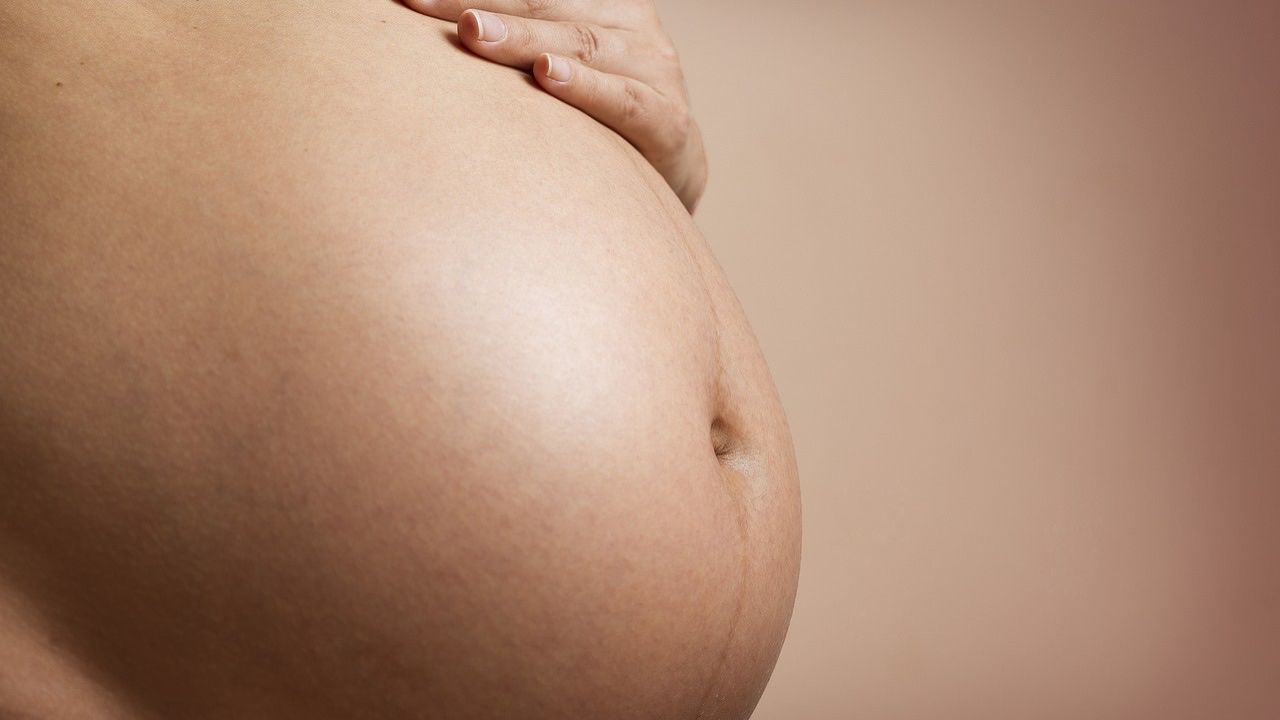Study shows COVID-19 vaccines are safe for pregnant women and babies
27/09/2023
Fiocruz Bahia
Researchers from Fiocruz Bahia carried out a study to evaluate the safety of COVID-19 vaccines using an inactivated virus platform (CoronaVac) and mRNA (Pfizer) during pregnancy, observing whether immunization could be associated with problems during the birth of the baby and neonatal mortality. The study showed that vaccination against COVID-19 in all trimesters of pregnancy, regardless of the type of vaccine, is safe and does not increase the risk of adverse birth outcomes or death. The research was based on a database and co-authored by the City Hall of Rio de Janeiro.

The study showed that vaccination against COVID-19 in all trimesters of pregnancy is safe (photo: Daniel Reche/Pexels)
The retrospective cohort study of the population of the city of Rio de Janeiro included 17,513 unique live births born between May 15 and October 23, 2021. No significant increases were found in babies born prematurely, with low birth weight or small for gestational age, with an Apgar score below 5 (newborn rapid clinical assessment scale), or in neonatal deaths. A mild but consistent protection has been demonstrated against preterm birth in women who received different vaccine platforms during the third trimester of pregnancy.
The results of the study were published in the International Journal of Epidemiology from the University of Oxford (UK), on September 10th. The research was carried out by the VigiVac project, from Fiocruz Bahia, for digital evaluation of the national immunization campaign against the coronavirus, coordinated by researcher Manoel Barral.
The Municipal Health Department of Rio de Janeiro was part of the research with the Health Surveillance team, which, in addition to building the process of linking the databases and providing the data, collaborated with the development of the study concept, and with data analysis and interpretation of results.
"We used the official databases of the Brazilian Ministry of Health to find the necessary information on pregnant women in Rio and their babies. The lack of interoperability between these databases required a linking process, which is the relationship of these bases, to unite the information that is separated in each one, such as pregnancy data, data on the vaccination status of these pregnant women, and data on the birth conditions of these babies. This process made it possible to analyze the data for this work", he explains Luciana Freire, technical advisor at the Health Surveillance Superintendence, who coordinated the team from the Rio Municipal Health Department in preparing the research.





